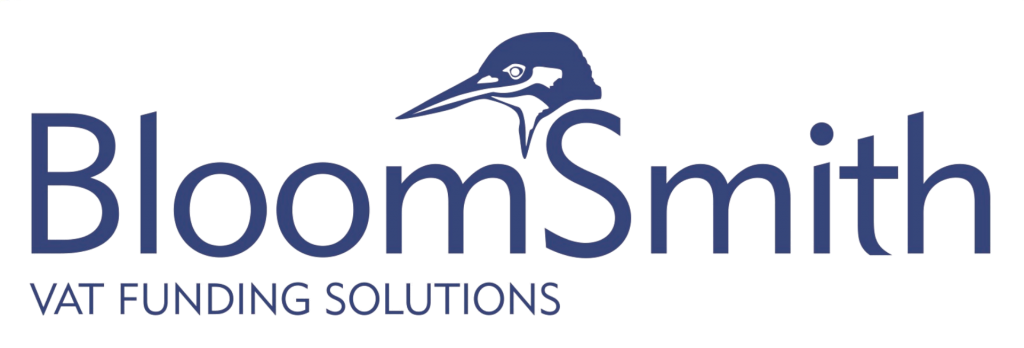When investing in commercial property, whether for your own business needs or as part of a wider property investment plan, you will benefit from understanding commercial property tax. There are a number of differences between purchasing a commercial property and a residential property, and one of these is the consideration of commercial property tax, including VAT. By learning just what may or may not be expected of you in relation to this, you can ensure a smoother buying process for your commercial property venture.
What Counts as a Commercial Property?
To begin, BloomSmith will cover whats counts as a commercial property, so you can be aware of whether or not you will need to be aware of the potential VAT liability.
A commercial property is any land or building which is used for businesses activities. These can fall into many categories and include, amongst others, industrial properties, shops, offices and, in some instances, vacant land.
Commercial Property Tax
Commercial property tax comes in a variety of forms; business rates and stamp duty land tax fall under the term of ‘commercial property tax’, as does commercial property VAT.
Business rates are taxes on non-residential properties. You will receive these from your council each year, around March time.
Stamp duty land tax is the tax paid on a property purchase above a certain threshold; for commercial properties this threshold is currently £150,000.
Commercial property VAT is the VAT paid upon purchasing a commercial property, most commonly because the previous owner has ‘opted to tax’. Here you can find out more about commercial VAT payments.
If you’re unsure about what tax payments you may be facing as a commercial property buyer and owner, you can speak with the staff at BloomSmith for guidance on your purchase. We specialise in offering unsecured loans for those facing VAT charges on their commercial property purchase, so don’t hesitate in getting in touch with us today on 020 3488 3411.


